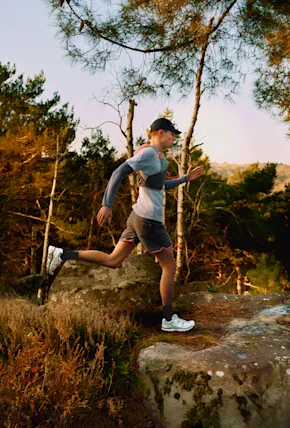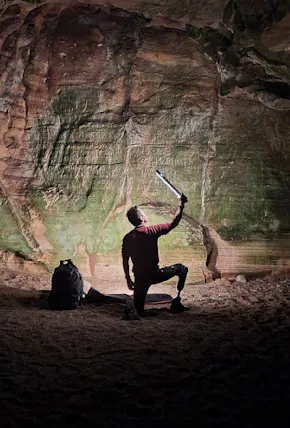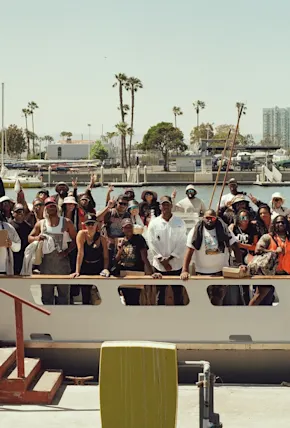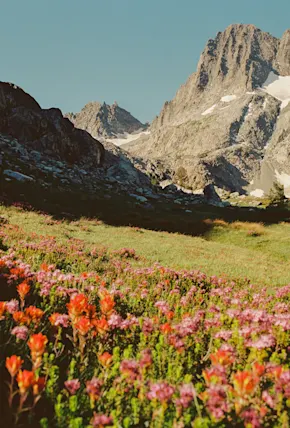When I went for it, I basically just threw it out there to the world. It was like this infant that I just propped up and was like, people are going to come and help and make this thing happen, or it's going to die. So right out of the gate, it was all about, together we can Protect Our Winters.
This is not just a Jeremy Jones foundation. Sure, I planted the seed, but everyone either gathers around and helps it grow, or it doesn't. Thankfully, people immediately started coming together, and that continues to grow. And now I am a spoke in the wheel and that's critical to the success of POW, that it is this collective effort.
In recent years, you've made it your goal to decarbonize the way you snowboard and film. Do you have any tips for other outdoorists who want to follow your lead?
I do think it's important to understand your impacts on the environment. However, villainizing people for their carbon footprint is explicitly written in the fossil fuel guide to make people point fingers at each other. Personal carbon footprint matters, but we are in a fossil fuel society that is heavily subsidized. We are not achieving our goals of CO2 reduction off of just personal choices. The big chunks of CO2 reduction need to come from policy change.
I definitely don't want to say, villainize the 23-year-old super pro that is competing around the world and cranking. I give them the advice, "Say yes to everything, you need to." But from a personal footprint deal, diet is the simplest way to reduce your personal footprint.
Also, I was never one to be a storm chaser. I always like to really immerse myself into mountain ranges and spend a bunch of time there, recognizing that really high-end snowboarding generally goes down 20 to 25 days into a trip where you are locked into a snowpack. That is how I routed my snowboarding going way back to when I first got serious about making movies.
Is there a key message POW is looking to push ahead of the 2020 election?
The reality is, no politician has ever lost an election due to their stance on climate. It's why we do not see real, meaningful climate action. At Protect Our Winters, if we can help hold people accountable, that's ideal. If you're not a climate champion, you're going to have a hard time keeping your job. And I don't care what side of the aisle you are on, POW is a bipartisan group focused on climate action.
Check out the POW Voter Guide to stay informed on climate & conservation candidates and make a plan to vote this November with the Outdoor State to defend our environment to generations to come.
Find more insightful interviews and conversations with industry leaders here.















